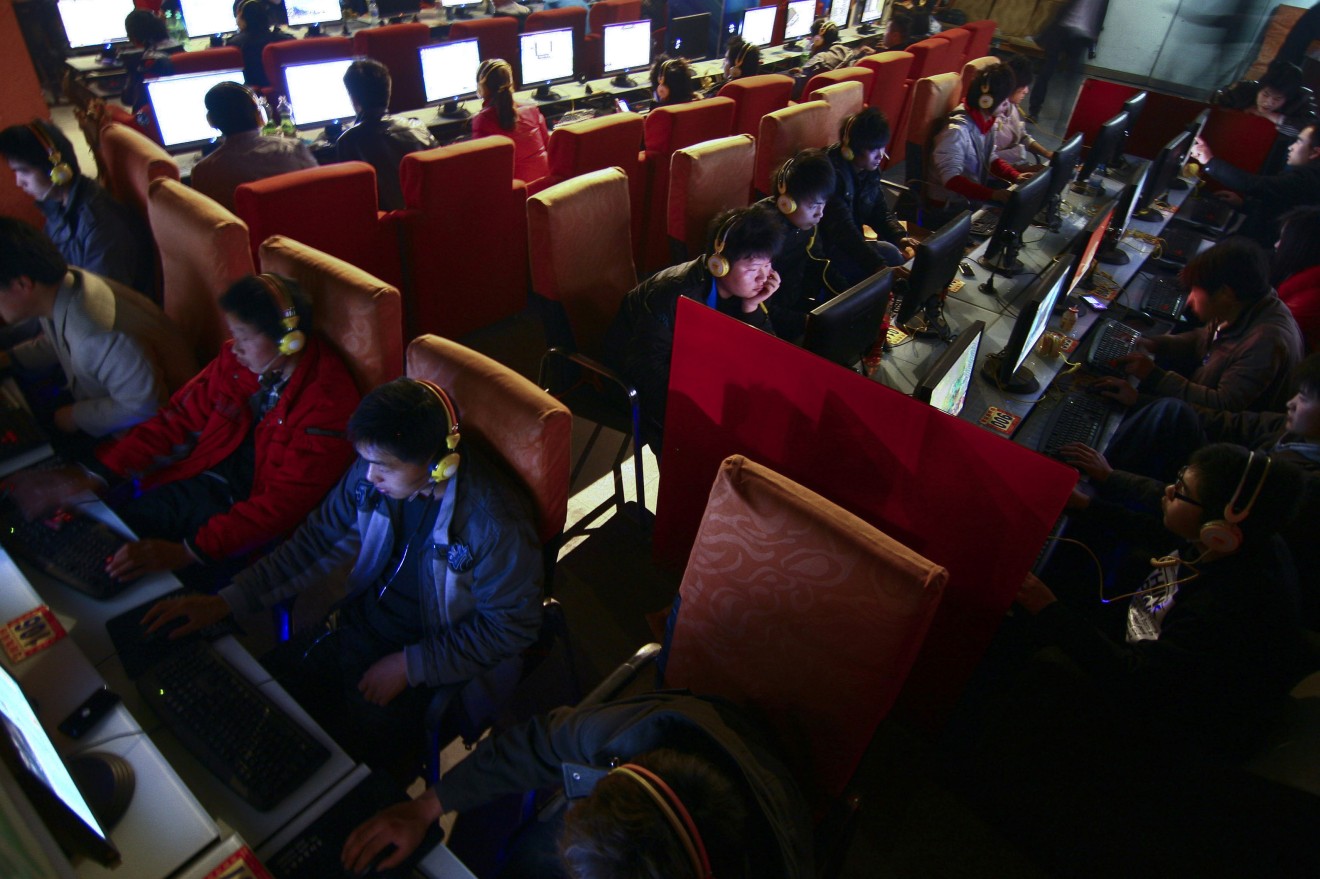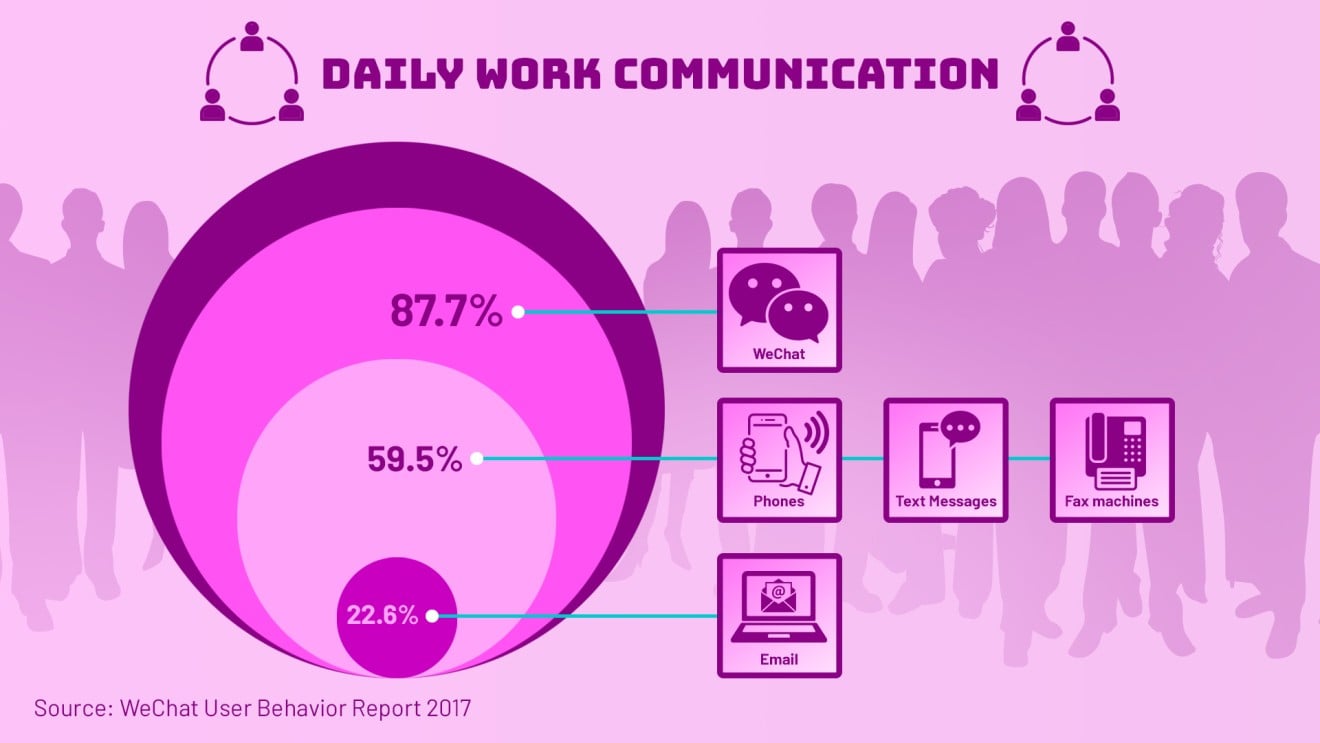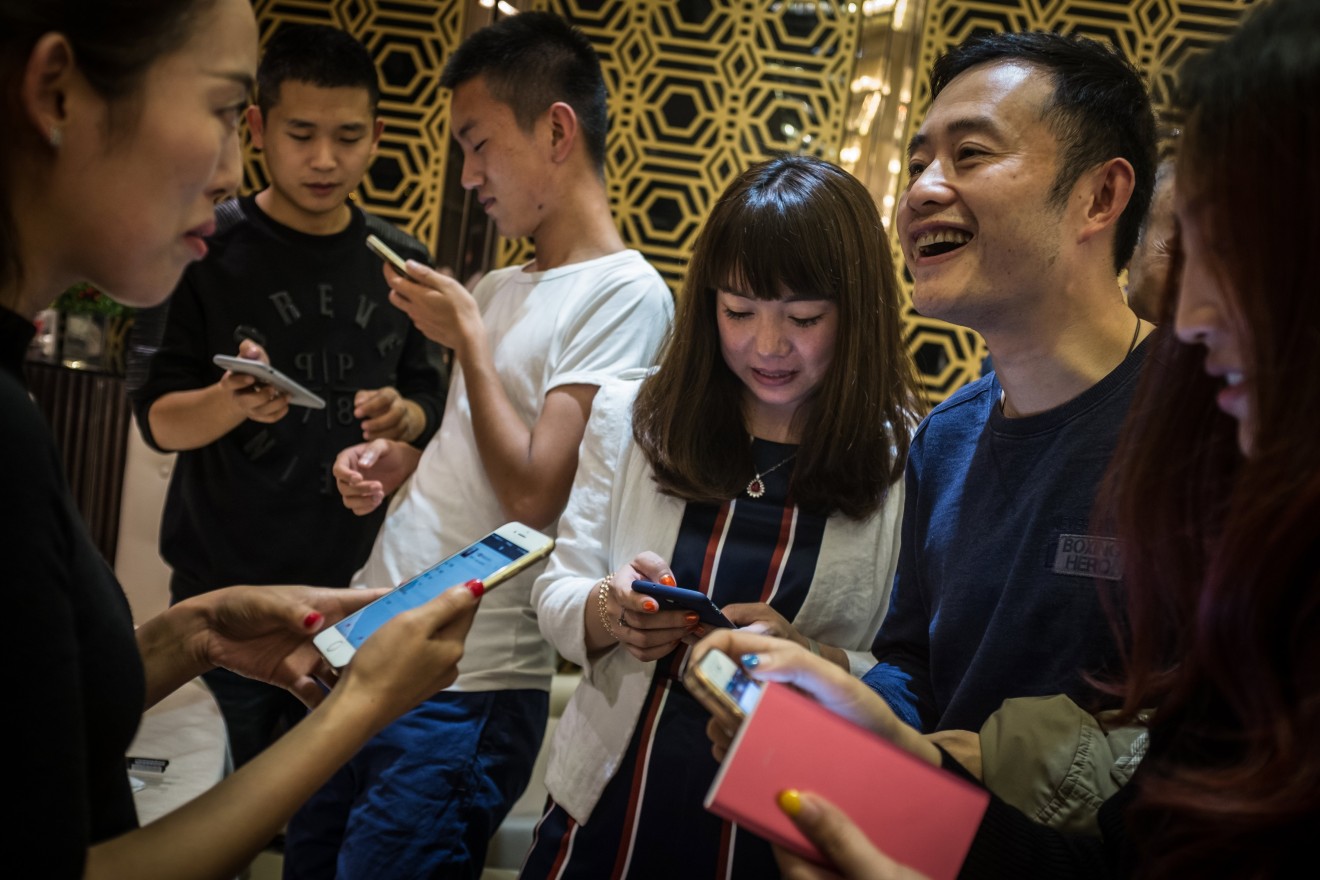
Why does China hate email?
China’s preference for WeChat means being available to your boss at all times
Emailing people in China can be a frustrating experience for one simple reason: You rarely get a reply.
In the West, emails are more likely to be overlooked because they are buried under other emails. China, however, just seems to dislike the entire concept, whether for business or missives between friends who met during their travels.
But there's a reason for this, which is tangled up in the history of China’s internet and the rise of one of the largest tech companies in the world.
At the turn of the millennium, email in the West was no longer something exotic. It had become as much of a social expectation as having a telephone number. By the time email celebrated its 30th anniversary in 2001, nearly every office had an email address.
“One factor was that from a very early time in the adoption of the internet in China (it) was dominated by very young people, many of whom were not working in white collar office environments,” said Kaiser Kuo, former international communications director for Baidu and now editor-at-large of SupChina. “Their main attraction to the internet wasn't productivity; they were more focused on its social possibilities.”

In 1999, a small tech company in China decided to rip off the popular desktop messaging platform ICQ and created QQ. The company, known as Tencent, became one of the biggest tech players in the world. The platform grew quickly from both the internet cafe crowd and those who already had PCs at home. Why spend your limited time and data packages on refreshing email?
While QQ and its desktop-based brethren have fallen out of fashion, messaging apps continue to be the primary way people communicate in the country. This is where WeChat, Tencent's second big social platform, comes into the picture. With more than a billion daily active users, WeChat is omnipresent in China.
WeChat, the app that does everything
Ultimately, though, many resort to WeChat simply because it's fast and convenient, especially for working environments. You can send images, documents and conduct video conferences all in one app (among WeChat’s many other features).

The divide between personal and professional lives is also less strict in China.
“The prevalence of emojis, voice messages and informal communication add to this more flexible and less black-and-white professional and personal relationships that often go with work in China,” said Elliott Zaagman, executive coach and host of the China Tech Investor podcast.
This attitude goes so far that many professionals have stopped sharing business cards and started scanning WeChat QR codes to keep in touch. For many, this convergence of personal and professional lives has gone too far.
Aoki is a project coordinator at a Chinese company collaborating with Western partners and uses both modes of communication.
“Though most of the time it's not my call, from my view, I prefer email since it gives me more privacy and personal time,“ said Aoki, who chose to use her nickname for professional reasons.

Aoki also used to work for a government subsidiary, and she admits that she and her coworkers rarely checked emails. She doesn't bother emailing other public institutions either because she knows they'll go unanswered. Instead, many of these organizations communicate with official WeChat accounts and other IM platforms.
So how does swapping email for instant messaging play out in real life?
For Aoki, the group mentions get annoying at times. After all, instant messaging doesn't just mean convenience, it also means being available at all times.

It also found some benefits of using WeChat, including getting relevant information and participating in discussions. And, according to Zaagman, informal work communication appeals to certain industries such as tech.
While email is still the dominant mode of work communication in the West, messenger platforms focused on work such as Slack and Microsoft Teams are gaining traction there, as well. This could mean that email dependence in the West could also wither away as communication becomes similar to that in China -- for better or worse.
For more insights into China tech, sign up for our tech newsletters, subscribe to our Inside China Tech podcast, and download the comprehensive 2019 China Internet Report. Also roam China Tech City, an award-winning interactive digital map at our sister site Abacus.

